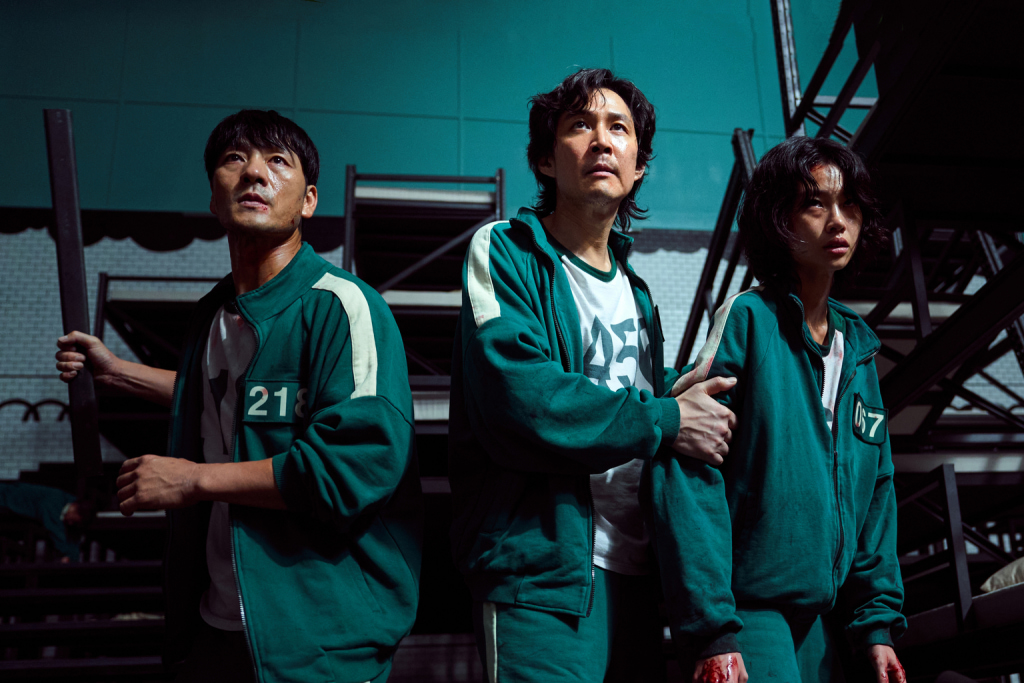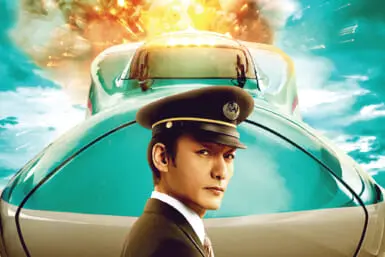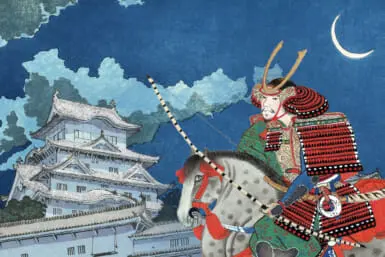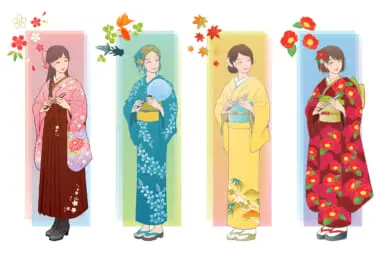1. Battle Royale
“If there’s any movie that’s been made since I’ve been making movies that I wish I’d made, it’s that one,” Quentin Tarantino once said of Battle Royale. Kinji Fukasaku’s final film became a cultural phenomenon. The intense violence perpetrated by high-school students made it so controversial, many countries refused to release it. The Japanese government also tried to ban the movie and Koushun Takami’s novel, on which it’s based. That simply added to the intrigue.
Set in the future, it follows 42 ninth graders forced to fight to the death by a totalitarian government. Sent to a desert island, they are given a map, food and some weapons. Beat Takeshi, playing the role of a teacher, was the highest profile cast member, while Tatsuya Fujiwara played the hero Shuya. Both returned for the sequel, but sadly director Fukasaku died of prostate cancer after shooting just one scene with Kitano. His son Kenta, who wrote the screenplay for both, took over directorial duties.
2. Liar Game
Concluding with a three-hour long finale, Liar Game was one of the most talked about Japanese dramas of 2007. The popular adaptation of Shinobu Kaitani’s manga was followed by a second season and two movies (Liar Game: The Final Stage and Liar Game: Reborn). There was also a spin-off drama titled Alice in Liar Game starring Mana Ashida and a successful Korean version.
In the original series, Erika Toda takes on the lead role of Nao Kanzaki. She’s a naive college student who has been given ¥100 million to play a mysterious game. She has to return the money after a month, but before that she must take on an opponent who can steal her money or vice-versa. Her first competitor is her trusted former junior high school teacher who swindles her out of all the cash. She then calls on convicted fraudster Shinichi Akiyama (Shota Matsuda) to help get her money back.
3. Kaiji
As with Seong Gi-hun in Squid Game, Kaiji Itō is a character in desperate financial straits. Already down on his luck, his roommate has now run off, leaving him with considerable debts. Reluctantly, he takes up the challenge of a series of high-stake games on a cruiser, beginning with an elaborate version of rock, paper, scissors. If he can keep on winning, his money troubles will be over. Lose and he’ll be forced into slave labor.
Nobuyuki Fukumoto’s manga series, originally published in 1996, amassed a cult-like following. It was later adapted into a live action film trilogy starring Fujiwara. The first one, Kaiji: The Ultimate Gambler, in 2009 reunited him with fellow Death Note lead Kenichi Matsuyama. Kaiji 2 followed two years later before Kaiji: Final Game premiered in January of last year. Despite the slightly absurd storyline and over-the-top acting, the three movies have proved popular.
4. Gantz
2011 saw the release of three Gantz movies, including an alternative version of the first film made just for TV. Each one co-starred Matsuyama and Arashi member Kazunari Ninomiya. They play Masaru and Kei, two college students killed in a train crash. Following their deaths, they are transported to another world where they must hunt down and kill aliens. If they score 100 points, they can be resurrected or bring a person of their choosing back to life.
Hiroya Oku is the brainchild behind Gantz. His manga series was first released in June 2000 and went on to sell over 20 million copies. The mangaka says he was influenced by Robert Sheckley’s gripping sci-fi novel Immortality, Inc. and the jidaigeki (period drama) Hissatsu. As well as the three live-action movies, there was also a video game, an anime series, some books and a 3D CGI animated film titled Gantz: O.
5. As the Gods Will
Like Squid Game, Takashi Miike’s 2014 blood fest As the Gods Will is based around children’s games. The first, which takes place in a classroom, is Daruma-San ga koronda (The Daruma fell over), the Japanese version of Red Light, Green Light or Grandma’s Footsteps as it’s known in the UK. Yet, unlike the normal game where those who are caught moving must go back to the start, in Miike’s film, they get their heads blown off.
Participants face a similar situation in the opening episode of Squid Game. In the Korean drama, though, there are more players and space as it takes place outside. And rather than exploding heads, participants that move or don’t make it to the line are shot. “I started planning [Squid Game] in 2008 and began writing the script in 2009. The similarities that were pointed out are purely coincidental and there is no copying from either party,” said director Hwang Dong-hyuk during the press conference for the series.
6. The Incite Mill
The third film on the list starring Fujiwara, The Incite Mill was directed by horror maestro Hideo Nakata, famed for movies such as The Ring and Dark Water. Based on Honobu Yonezawa’s novel of the same name, it pays homage to the book And Then There Were None. As with Agatha Christie’s classic, 10 strangers assemble at a secluded destination under false pretenses. There are even 10 little Indian statues waiting on the table when the participants arrive.
They have all been invited to this Big Brother-like underground complex to take part in a week-long psychological experiment. Promised a huge hourly wage, they all agree to be whisked away to Paranoia House where they are locked inside. Each person is assigned to an unlocked room with a weapon. If nothing happens in seven days, they can all go home with ¥18 million. However, by the second day, one of them is already dead.
7. Alice in Borderland
This dystopian thriller was a big hit on Netflix, ranking on the site’s top ten lists in more than 50 countries. Based on Haro Aso’s hit sci-fi manga, it stars Kento Yamazaki as the video-game obsessed Ryohei Arisu. “I remembered how I was when I was around 20 years old and created Arisu based on my own indecisiveness,” recalls Aso. The story’s other lead character is Yuzuha Usagi, a talented mountain climber played by Tao Tsuchiya who forms an alliance with Arisu.
They are in a parallel Tokyo where they must play a series of sadistic games to survive. In the first episode, Arisu and his two friends run into a public bathroom to evade the police. When they reemerge, the streets of Japan’s capital are completely empty including the iconic Shibuya Scramble Crossing. That scene was shot at Ashikaga Scramble City Studio in Tochigi Prefecture. Viewers were immediately hooked and a second season was confirmed just two weeks after the first was released.









